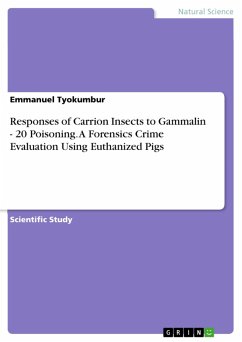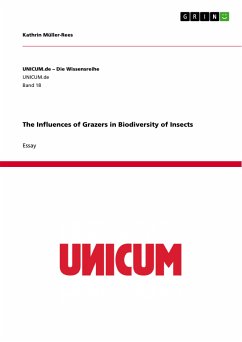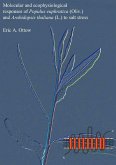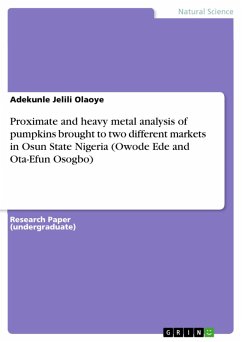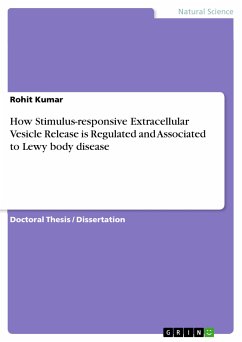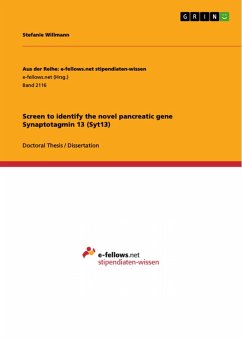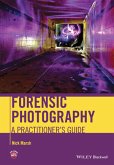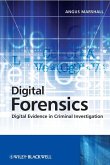Scientific Study from the year 2023 in the subject Biology - Miscellaneous, grade: A, University of Ibadan, language: English, abstract: Forensic entomotoxicological appraisal of carrion insects found on pigs poisoned with Gammalin-20 was carried out at the back of the stadium on the campus of the University of Ibadan. A total of three 3-month old domestic pigs, Sus scrofa L., weighing between 10.5 and 11.3 kg were used as surrogate human models. Two pigs were euthanized with Gammalin-20 by administering 180 ml and 200 ml separately, while the third one was sacrificed without any poison and served as the control experiment. After death was confirmed, each pig was immediately mounted on sawdust and setup at about 50 m apart to allow for arthropod colonization without cross migration, thereby representing three different replicates of the same study. The pigs were left to decompose, and it was discovered that there were five phases of decomposition namely: fresh, bloated, active, advanced and dry decay stages. The decomposition process of the carrions took twenty days in the control experiment and thirty-four days in those treated with Gammalin-20. Four families of flies were found (Calliphoridae, Sarcophagidae, Muscidae and Dermestidae) and seven species (Chrysomya abiceps, Chrysomya regalis, Sarcophaga spp, Phormia regina, Lucilia sericata, Dermestes maculatus and Musca domestica). Their activities on the carrions included consumption of the carrion tissues and using same to propagate their progeny. Calliphoridae was observed to be the most dominant family in nearly all the stages of decomposition with 108 individuals, followed by the Sarcophagidae with 98 individuals, the Muscidae with 85 individuals and the Dermestidae with 10 individuals. Flies found on the carrions were collected with a sweep net and preserved in 70% ethanol for identification. The succession pattern of the flies, their abundance, rate of development, effects of the poison on the developmental pattern were all determined. Warning: Contains images of dead and decomposing animals (pp. 41-45).
Dieser Download kann aus rechtlichen Gründen nur mit Rechnungsadresse in A, B, BG, CY, CZ, D, DK, EW, E, FIN, F, GR, HR, H, IRL, I, LT, L, LR, M, NL, PL, P, R, S, SLO, SK ausgeliefert werden.

